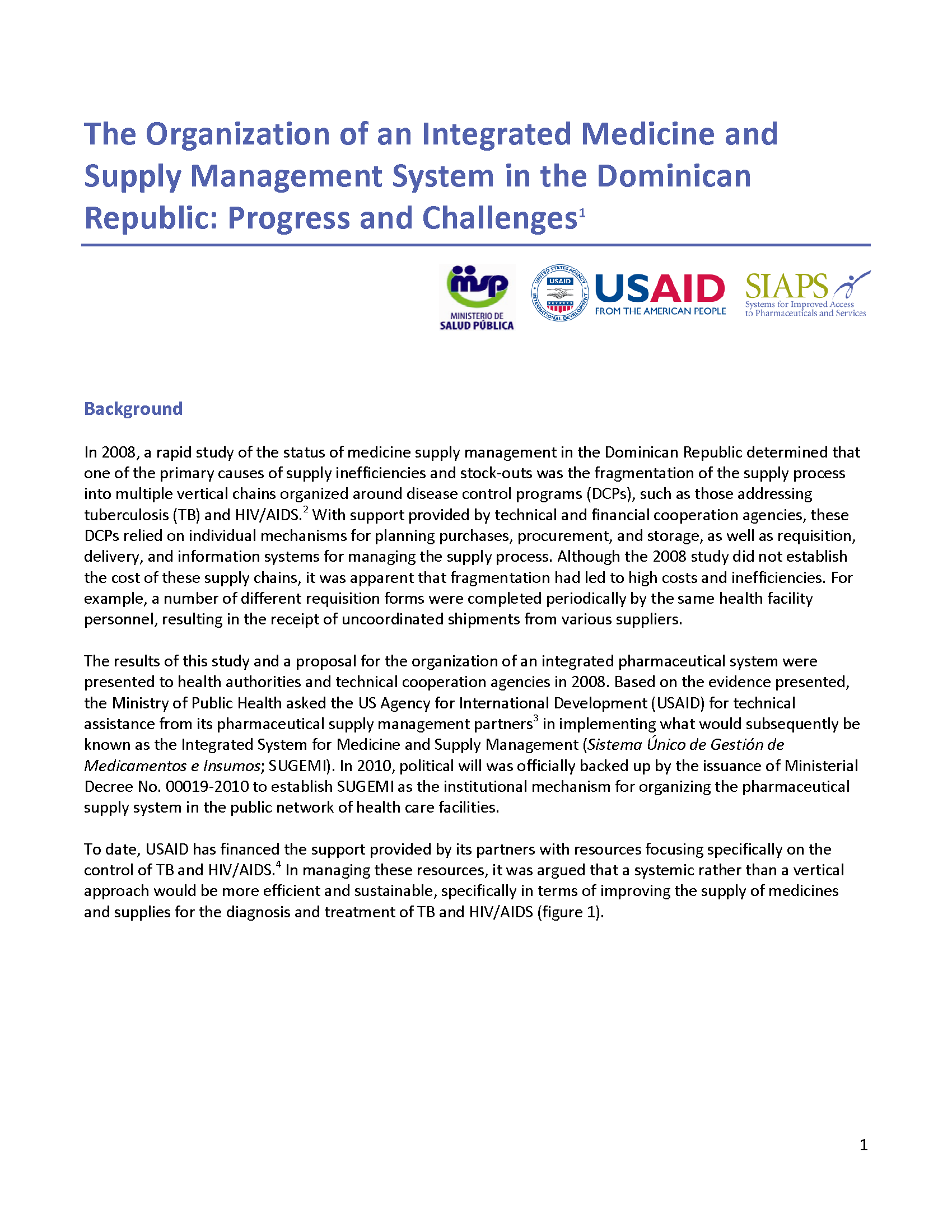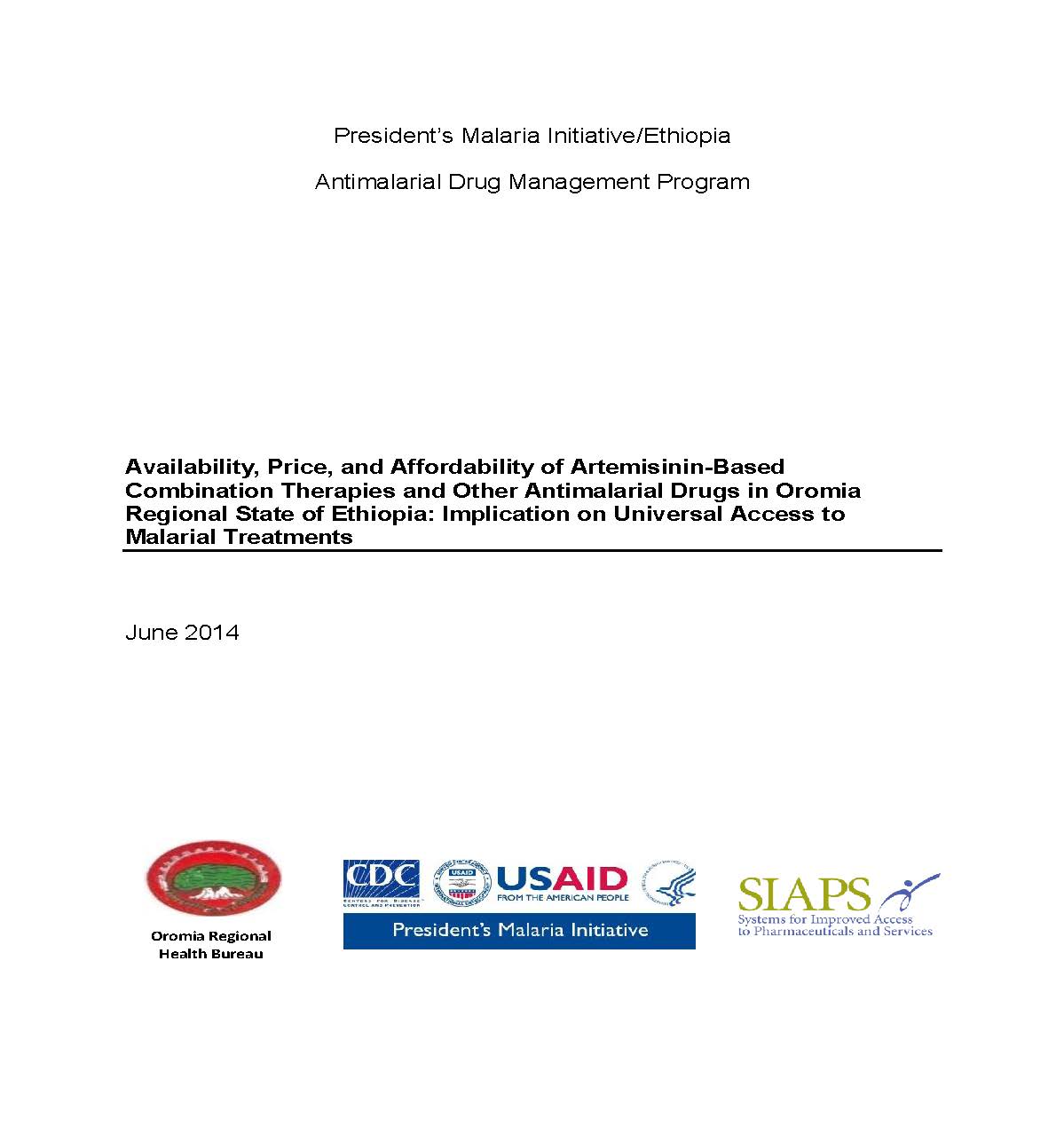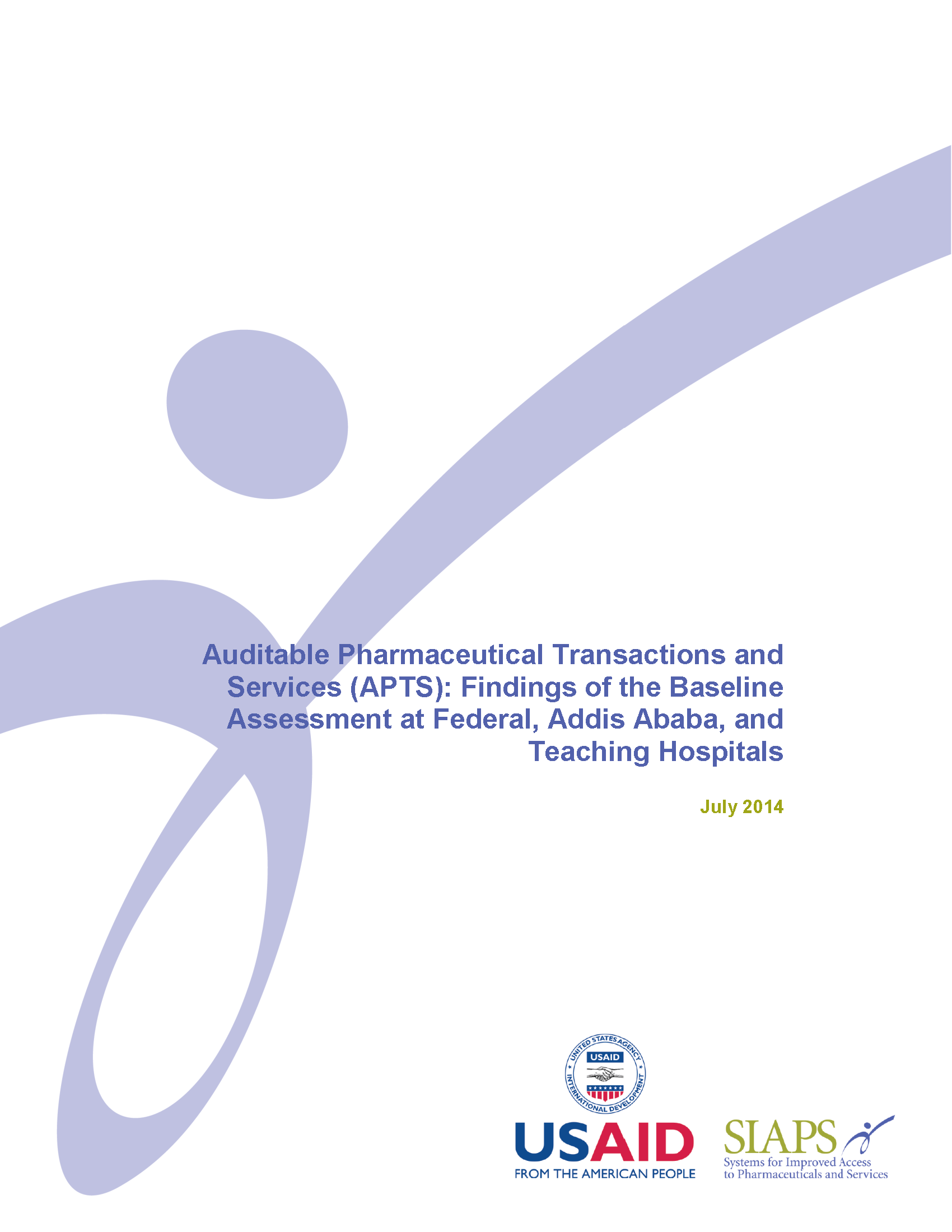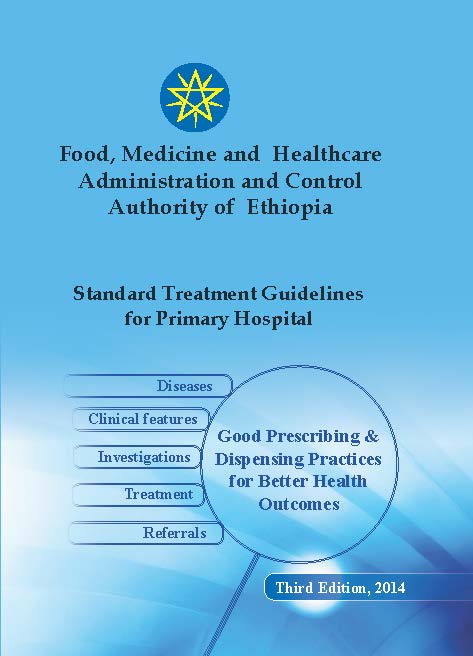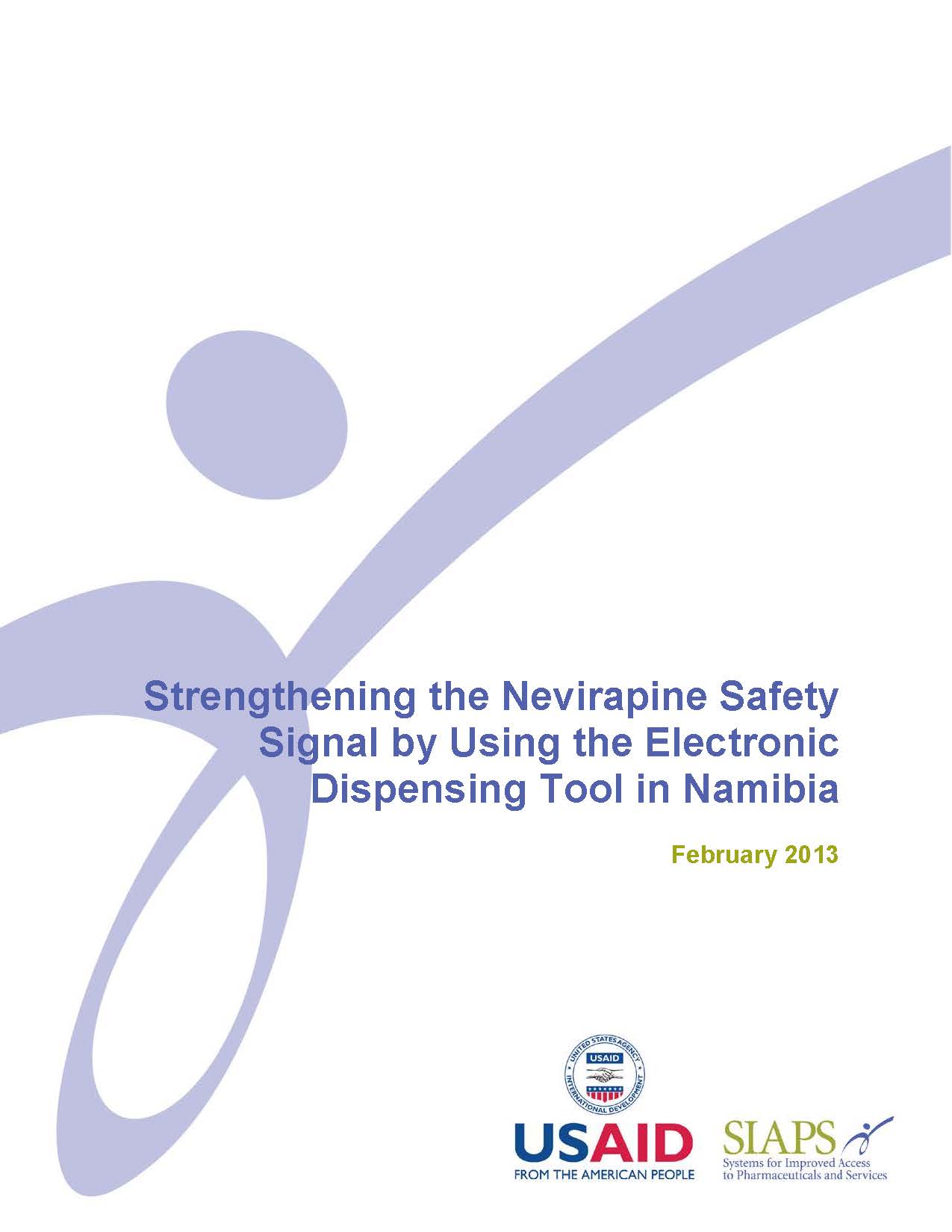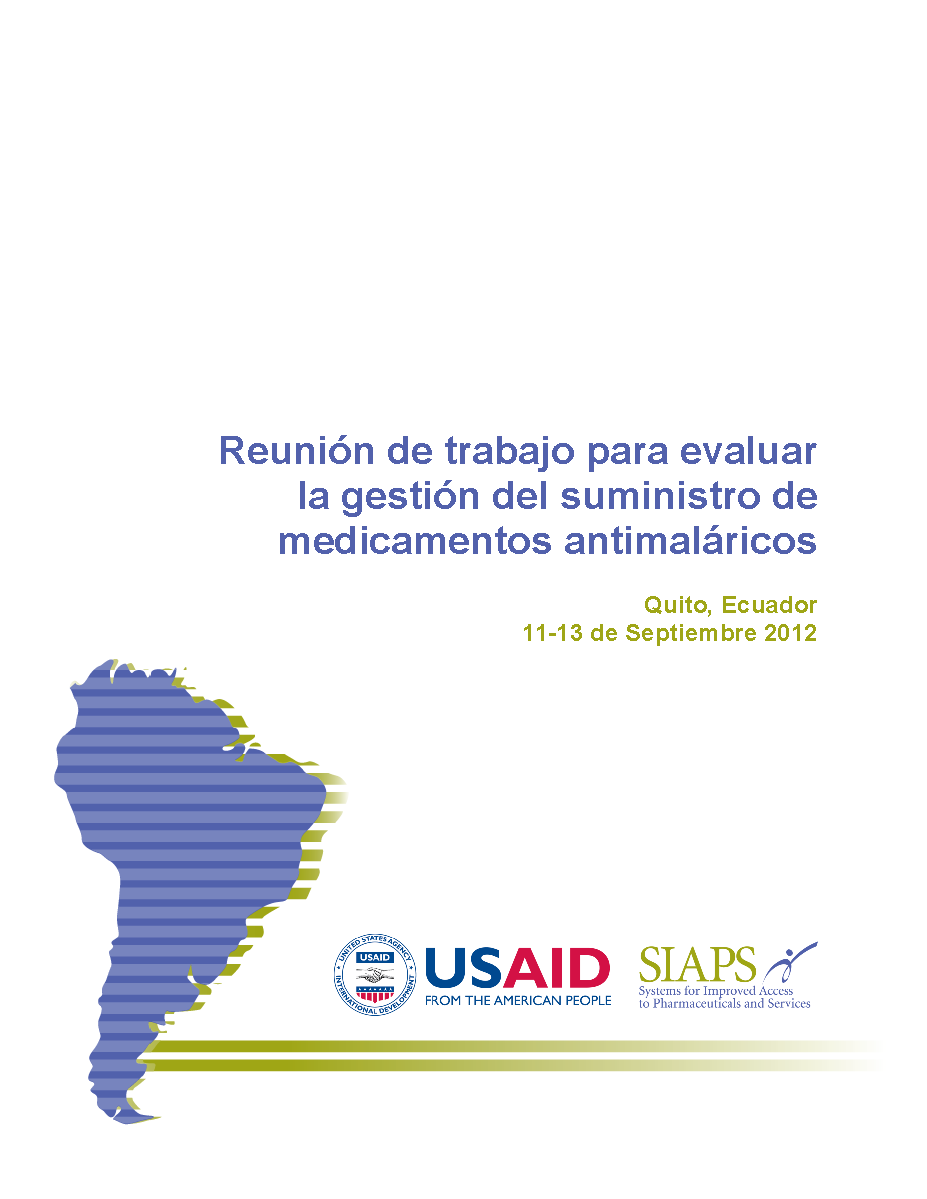In 2008, a rapid study of the status of medicine supply management in the Dominican Republic determined that one of the primary causes of supply inefficiencies and stock-outs was the fragmentation of the supply process into multiple vertical chains organized around disease control programs (DCPs), such as those addressing tuberculosis (TB) and HIV/AIDS. With support provided … Read more
George A, Valdez C, Herrera M, Barillas E. Building a supply chain approach for an improved laboratory sample referral network in the Dominican Republic. Poster presentation at the People that Deliver Conference, Copenhagen, Denmark. Published in the Journal of Pharmaceutical Policy and Practice. View the abstract
Barillas E, Valdez C, Diaz P, Tapia ME. Combination of on- and off-site training contributes to strengthening the unified pharmaceutical system in the Dominican Republic. Oral presentation at the People that Deliver Conference, Copenhagen, Denmark. Published in the Journal of Pharmaceutical Policy and Practice. View the abstract
Malaria is one of the major public health challenges in Ethiopia. Approximately 68% of the population (52 million people) lives in malaria-endemic areas. According to Ethiopian Public Health Emergency Management (PHEM) data, 18% of malaria cases reported in Ethiopia are in the Oromia Region. Only two other regions report more cases of malaria: the Southern Nations, Nationalities, and … Read more
Diseases such as pneumonia, diarrhea, and malaria are the major causes of morbidity and mortality in Ethiopia. They can be successfully treated with essential medicines. Noncommunicable diseases are emerging challenges that are receiving the attention of the Government of Ethiopia. However, the essential medicines required to treat such priority health problems are not available on a continuous basis in … Read more
In a healthcare system where multiple treatment options are available, the development and implementation of standard treatment guidelines (STGs) is a crucial strategy for ensuring effective and safe use of medicines, containing health care costs, and preventing antimicrobial resistance. STGs promote therapeutically effective and economic use of medicines at different levels of health facilities, as they give clear guidance and recommendations … Read more
Mazibuko JN, Sagwa E, Kagoya HR, Kibuule D, Rennie T, Tukai M, Ghoneim R, Mabirizi D, et al. (October 2014). Incorporating pharmaceutical supply management modules in the pre-service curriculum of the BPharm program, of the University of Namibia, School of Pharmacy. Poster presentation at the People that Deliver Conference, Copenhagen, Denmark. Published in the Journal … Read more
D Kibuule, D Mabirizi, E Sagwa, HR Kagoya, JN Mazibuko, M Tukai, Namibia, Presentation, R Ghoneim, Supply chain management, T Rennie
To help the ministry understand the strengths, weaknesses, opportunities, and threats in Swaziland’s public health medical supply chain, staff from LMI’s Health Systems Management directorate studied relevant operating procedures and other documentation; conducted a country visit August 10–26, 2012; and developed a complex, multivariate supply chain simulation exercise, including storage facility and transportation optimization excursions. … Read more
The primary objective of this signal strengthening activity was to estimate the frequency of substitution of NVP with a protease inhibitor (PI) during the period 2008 to 2011 and to determine if any increase detected was statistically significant. The incidence of NVP-related reactions of grade 3 and 4 increased with the implementation of Namibia’s 2010 … Read more
Con el propósito de analizar estos problemas, AMI organizó una reunión en la ciudad de Cartagena en abril de 2010 y una segunda en Lima en Agosto de 2011. En estas reuniones los participantes discutieron avances y problemas en la gestión del suministro de antimaláricos y acordaron intervenciones nacionales y regionales para enfrentar los problemas … Read more
